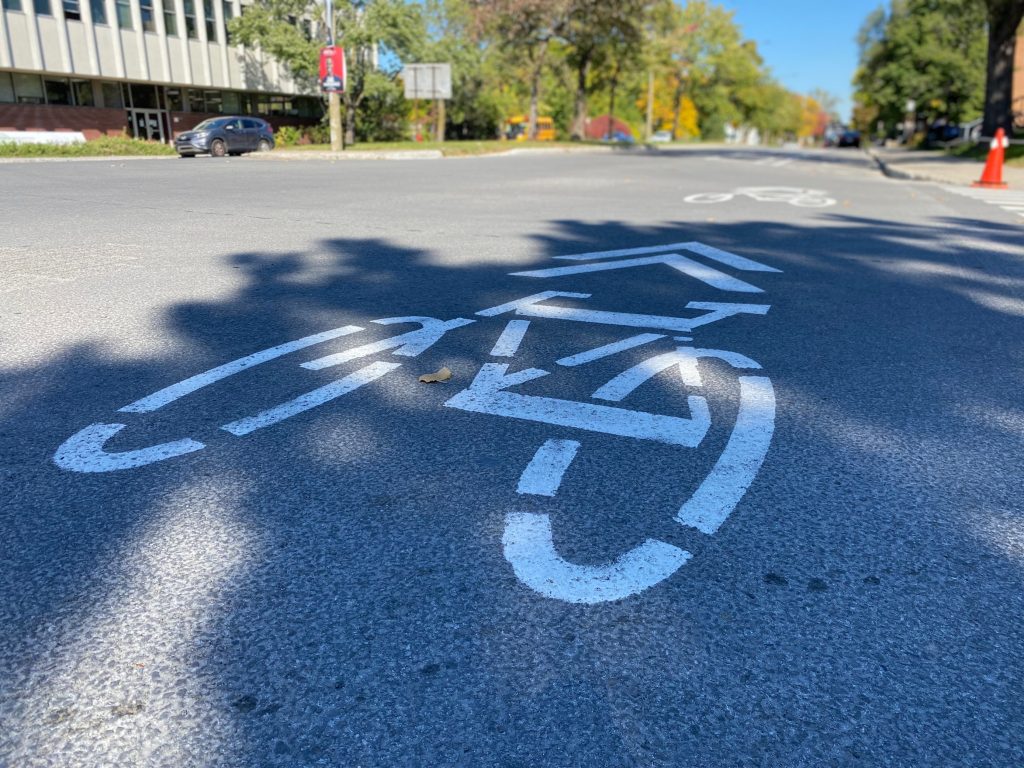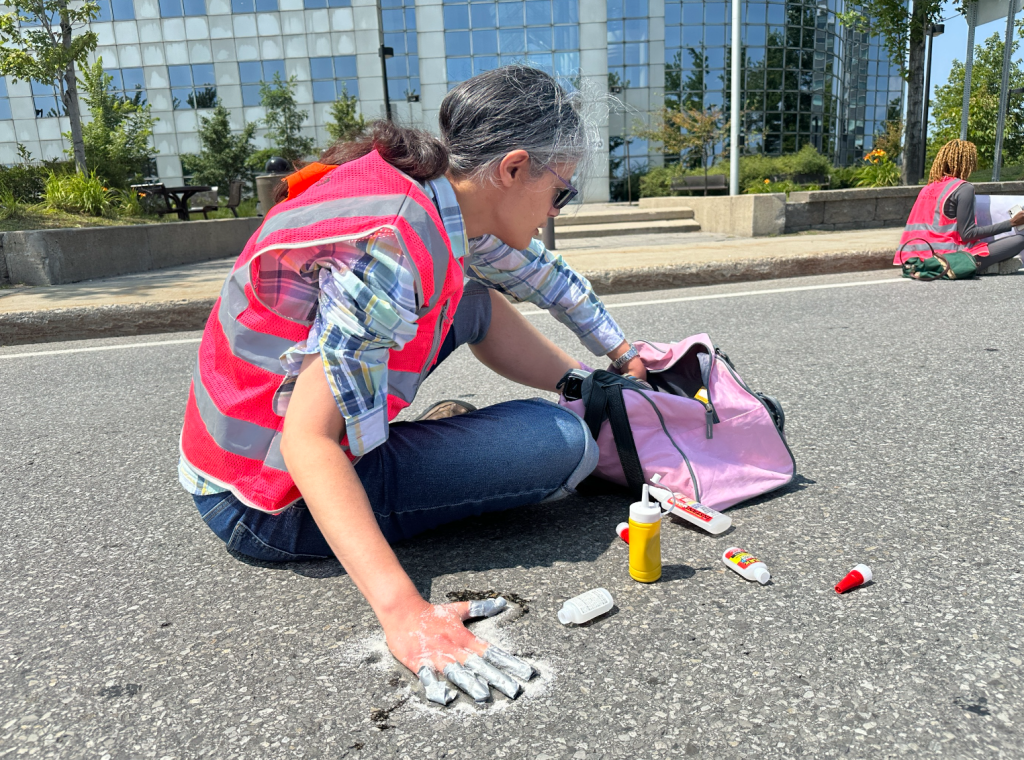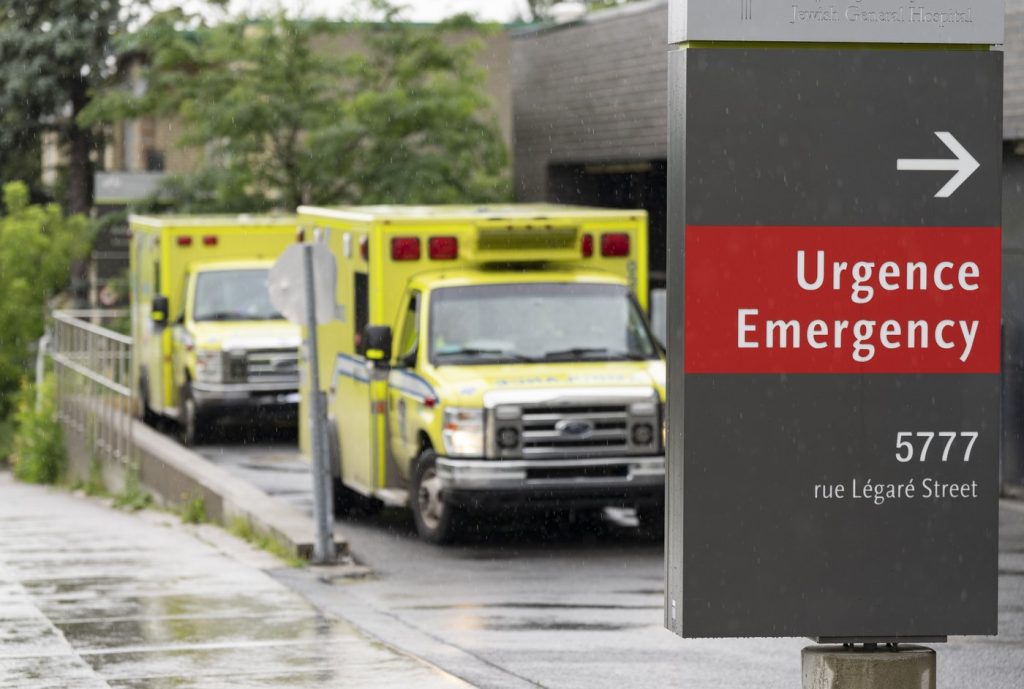Racial profiling: police can’t stop motorists without reason, Quebec Superior Court judge rules
Posted October 25, 2022 4:17 pm.
Last Updated October 26, 2022 7:38 pm.
Police can no longer conduct traffic stops on motorists without a reason, according to a Quebec Superior Court decision Tuesday.
BACKGROUND: Racial profiling trial into power of Quebec police to make random car stops
The decision determined the practice was arbitrary and a “safe conduct for racial profiling against the Black community.”
“Racial profiling does exist,” judge Michel Yergeau said. “It is not a laboratory-constructed abstraction. It is not a view of the mind. It manifests itself in particular among Black drivers of motor vehicles.”
#WATCH: “Massive victory,” says @DeBellefeuille_ of @RedCoalitionInc, after the Quebec Superior Court ruled Tuesday that police can no longer conduct traffic stops on motorists without a reason. He says this sends a strong message to law enforcement
READ: https://t.co/thGi2gpNjs pic.twitter.com/O45H9y5QPP
— Alyssia (@rubertuccinews) October 26, 2022
The 170-page decision was brought forth after a Black man, Joseph-Christopher Luamba, had appealed to the Superior Court after being subject to several random police checks and arrests.

Joseph-Christopher Luamba arrives for his court challenge Monday, May 30, 2022 in Montreal. THE CANADIAN PRESS/Ryan Remiorz
Luamba had been stopped by police forces of Montreal, Repentigny, Laval and Gatineau nearly 10 times between March 2019 and the filing of his request in November 2020. None of those stops resulted in a ticket.
He said he was driving a car during about half the stops and was a passenger in another person’s car during the other police stops. He said he was nervous during those interactions.
In several incidents, Luamba testified, police did not give him an explanation for why they pulled him over until they were ready to let him go.
Luamba’s goal was to have the random interception of motorists by the police declared unconstitutional.
“Some of my clients that I’ve been I’ve had a routine check 100 times, 150 times my police officers,” said Fernando Belton, director general of the Saint-Michel legal clinic. “Some have actually moved away from their city because they want to get away from some police officers, keep arresting them.”
RELATED:
- ‘Driving While Black’: Mascouche resident taking Terrebonne Police to Quebec Human Rights Tribunal
- Montreal man wins ‘cleaning while Black’ racial profiling case against police
Yergeau declared the rule of law authorizing traffic stops without real reason violated the rights of the Canadian Charter of Rights and Freedoms.
The judge said it was time that arbitrary stops be made obsolete and inoperable, along with the article of Quebec’s provincial Highway Safety Code that allows it.
The Association of Quebec Police Directors say in a statement:
“[…] The issues raised by this judgment are of great concern to the ADPQ because the purpose of section 636 of the Highway Safety Code is to protect road users by ensuring that drivers and vehicles comply with the law and established standards. […] The ADPQ is very aware of the issues of racial profiling and several initiatives have been put in place to address this issue.”
“Police officers will have to be smarter on how they actually want to fight crime,” said Belton. “Because you understand that you have to arrest and detain a lot of people who have done nothing wrong to actually get that one criminal that you want to get it.”
“As a society, we cannot wait for part of the population to continue to suffer in silence,” Yergeau wrote in his ruling, adding that racial profiling is “experienced as a stigma by Black communities.”
“It marks both the hearts and minds of their members who perceive very early in life that the law does not apply to them as to others and that freedom is not guaranteed in the same way according to which ‘we are Black or white.'”
“It just validates, of course, what we’ve been saying all along, not only as an organization, but myself,” said Joel DeBellefeuille, founder and executive director of the Red Coaliton.
DeBellefeuille himself was at the center of a groundbreaking decision in November 2020, after winning his racial profiling case against the longueuil police and city for a driving while black stop eight years earlier. He testified about his lived experiences in the Luamba case.
“This is our victory. Not only for, as a human rights organization, but literally for everybody that has been affected by it here in the province of Quebec,” he said. “This sends a clear and loud message to law enforcement that racial profiling will no longer be tolerated.”
The new law will come into place in six months.
“Once that six months is over, [they] do not have the power to stop people any time, any place with no suspicion,” said Noa Mendelsohn Aviv, Executive Director and General Counsel of the Canadian Civil Liberties Association. “Our hope is that Quebec will lead the way, that other jurisdictions across Canada will make the same move, hopefully without needing a challenge, and will eliminate the police power for arbitrary stops that have impacted racialized people.”
“It’s going to change lives and it means a lot,” Belton said. “Of course, the fight is not over, but we have a major victory.”
—With files from The Canadian Press.




